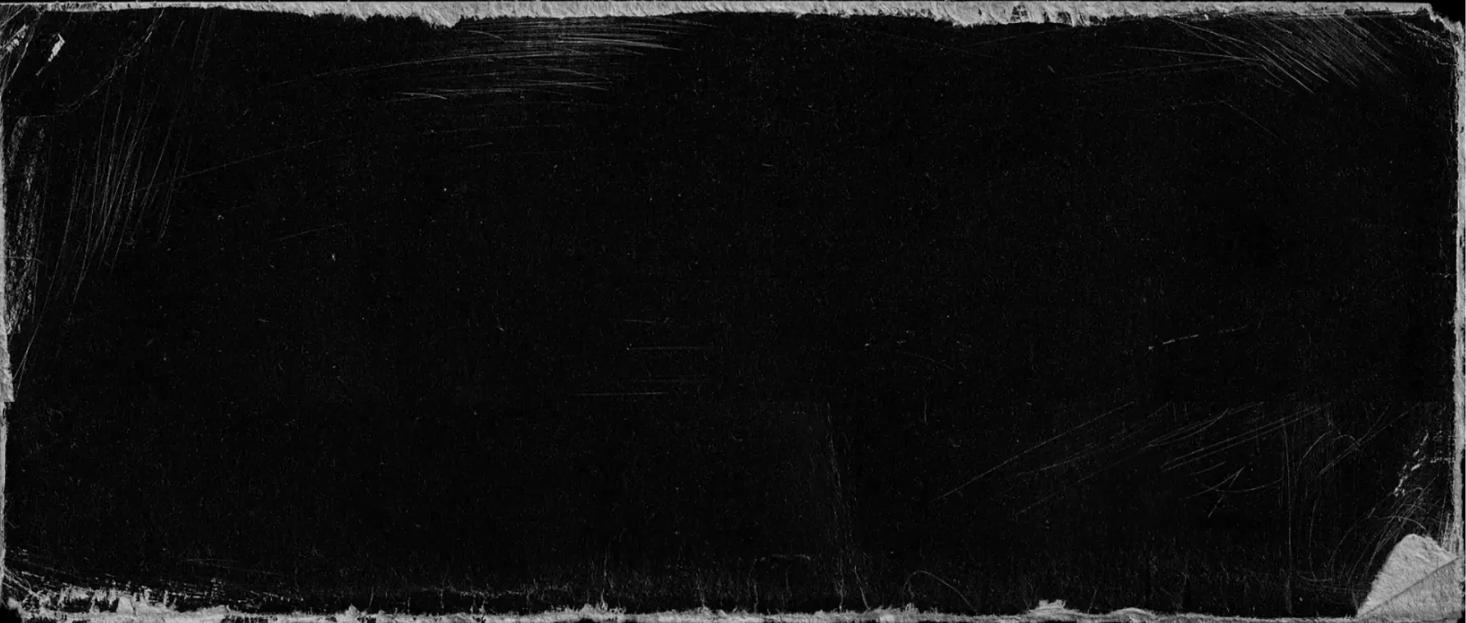What happens if Cushing's is not caught?
The major impact of Cushing’s is a reduction in the quality-of-life of dogs with the condition. As Cushing’s can progress over time, the symptoms your dog may be displaying, for example tiredness, increases in thirst and urinating inside, are likely to worsen without treatment. There are also a number of potentially life-threatening conditions which can occur as a result of Cushing’s. These include
- Diabetes mellitus
- High blood pressure
- Pancreatitis (inflammation of the pancreas)
- Infections of the kidneys and urinary tract
- Pulmonary thromboembolism (blood clots in the lung)
Medical treatment of Cushing's syndrome
The symptoms of Cushing’s can be successfully controlled using medication that reduces the production of the hormone cortisol, allowing your dog’s health to be restored.
- Diabetes mellitus
- High blood pressure
- Pancreatitis (inflammation of the pancreas)
- Infections of the kidneys and urinary tract
- Pulmonary thromboembolism (blood clots in the lung)
Other treatment options
There are surgical options for the treatment of Cushing’s. This will involve either an operation in the abdomen to remove the affected adrenal gland, or less commonly surgery through the roof of the mouth to access the base of the brain – where the pituitary gland itself is then removed. All options have advantages and disadvantages, and not all options will be available for every pet. The exact treatment regimen for your vet will be determined based on your individual circumstances. We therefore recommend that you discuss with your vet which is the best treatment for your pet.
Does your dog require a special diet for treatment?
Cushing’s requires either medical or surgical treatment to be successfully managed, and diet change isn’t required for a successful outcome.
However, your veterinary surgeon may also suggest some nutritional support such as a special Endocrine diet tailored specifically to support dogs with a hormonal disorder.
For further information on Dechra’s endocrine support diet please click here

Watch the video below to view Professor Stijn Niessen explain the potential complications with treatment.
Investigate your dog’s improvement
Every dog’s experience with Cushing’s – and response to treatment is different. Keeping a detective’s eye on your dog is key. Explore how you and your vet will assess your dog’s response to Cushing’s and treatment.



